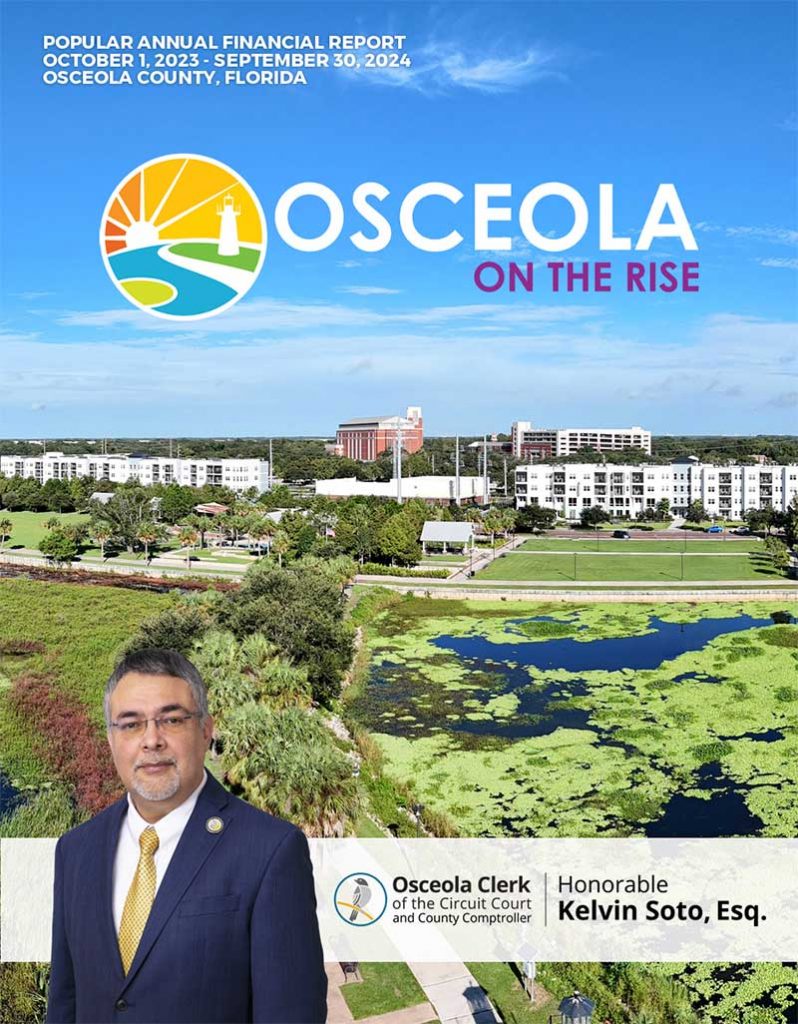The City of Kissimmee Commissioners voted 4-1 on Tuesday in favor of a no-camping ordinance, joining other municipalities in complying with the State of Florida’s HB 1365. The new state law, which went into effect on January 1, prohibits homeless individuals from camping on city streets, sidewalks, and parks, instead requiring them to be placed in temporary shelters monitored by law enforcement agencies. Kissimmee’s decision mirrors similar actions taken by Orange County earlier in the day.
Between 2019 and 2024, Florida experienced a staggering rise in homelessness, with a 9% statewide increase reported by the Florida Council on Homelessness and a devastating 28% surge in overall homelessness—alongside a 105% spike in unsheltered individuals—across Orange, Osceola, and Seminole counties, driven by soaring rental costs and economic pressures.
“This is in concert with the Senate bill that was passed earlier this year,” City Manager Mike Steigerwald stated. “Because the state law doesn’t have any local penalties in place, this establishes the penalties that allows for enforcement of this particular state statute. It gives the tools to law enforcement to enforce that law.”
Before the motion to vote on the ordinance, Commissioner Jeanette Martinez asked the City Manager, ” Do we have resources in place, or officers that are trained to help the homeless with the aid that they need at the moment?”
Steigerwald replied, “the ordinance, nor the state law require that, but we have a protocol in place with our Police Department. They have a community engagement team that knows where the camps (homeless) are throughout the community. We have a partnership with Park Place Behavioral Care, which is Osceola County’s designated mental health agency, where they have crisis teams available, and in addition we have partnerships with various homeless organizations that will provide case management.”
Earlier on Tuesday, the Orange County Commission approved its own no-camping ordinance by a 5-2 vote. County officials highlighted that the measure provides law enforcement with tools to enforce the law while protecting the county from potential legal challenges.
Key Requirements for Local Governments:
- No-Camping Ordinances: Local governments must adopt and enforce no-camping ordinances to prohibit homeless encampments in public spaces, such as parks, sidewalks, and streets.
- Temporary Shelter Placement: Homeless individuals found camping in public areas must be relocated to temporary shelters that meet the guidelines set forth in the law. These shelters must provide basic services and be monitored by law enforcement to ensure compliance and safety.
- Law Enforcement Involvement: The law provides local law enforcement agencies with the authority and tools to enforce these ordinances. Officers are responsible for monitoring compliance and ensuring individuals are transitioned to shelters in a manner that aligns with state guidelines.
- Accountability and Compliance: The state has enforcement mechanisms in place to ensure that local governments comply with the law. Non-compliance could result in penalties or loss of state funding for certain programs.
Purpose of the Law:
HB 1365 was introduced to standardize how homelessness is addressed statewide, reduce public camping, and provide a legal framework to protect communities from related safety and liability concerns. The law also seeks to address public health risks and preserve the use of public spaces for the broader community.
As local governments implement these requirements, the legislation is sparking debates about balancing public safety, compassion, and the availability of adequate shelter resources to meet increased demand.
With below-average temperatures expected this week in and around Osceola County, the issue of where homeless individuals can safely stay and sleep overnight has come to the forefront of public awareness. The ordinances are designed to offer a structured approach, ensuring that temporary shelters are available for those in need.
Local officials emphasize that the goal is not to penalize homeless individuals but to provide safe and legally compliant solutions. As temperatures drop, Kissimmee and Orange County’s efforts to implement HB 1365 underscore the importance of balancing compassion with compliance.
The decisions made by Kissimmee and Orange County reflect a growing trend among municipalities in Florida as they work to address the complex issue of homelessness under the framework established by the state.




















